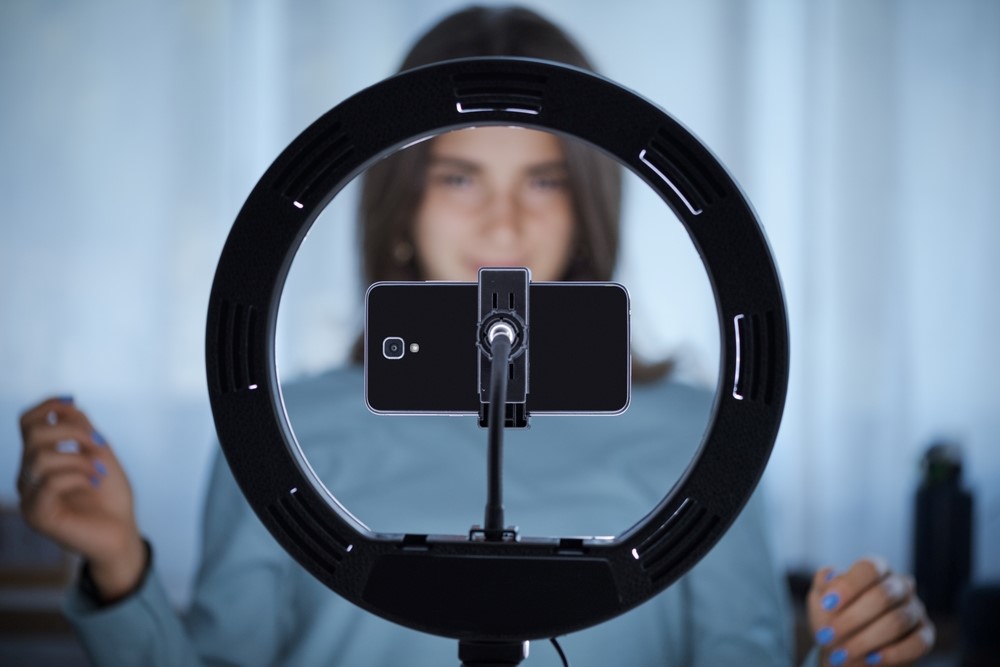By: Fernando Sánchez Tarasco / María Fernanda Castro González
On August 21, 2023, the “Agreement announcing the Advertisement Guide for Influencers of the Federal Consumer Protection Office” was published in the Federal Official Gazette. The purpose of this agreement is to ensure that content creators on digital platforms and social media, commonly referred to as “influencers,” clearly identify advertising in their content, and thus, comply with the Federal Consumer Protection Law ("FCPL") and other applicable regulations.
Through this agreement, the “Advertisement Guide for Influencers” (“Influencers Guide”) was created as a reference tool and set of recommendations for content creators to determine if the information they share has advertising purposes.
This Influencers Guide explains aspects that content creators must consider so that the advertising they carry out through their social media complies with the provisions of Article 32 of the FCPL, and also defines advertising as any information that a content creator shares to recommend a good, product or service through any social media.
The foregoing emphasizes that the advertising/information shared by this sector of society on their social media is also subject to compliance with the Consumer Protection Legislation. Therefore, it must be clear, truthful, verifiable, undeniable, and must not contain misleading descriptions that could lead to error or confusion.
To achieve this, the guide recommends them to (i) use tags like #PaidAdvertisement or #PersonalOpinions so that consumers can know if the influencer has a commercial relationship with the brand or not, (ii) limit their product or service opinions to real experiences, and (iii) ensure that the websites of the goods or products they promote are secure and that the product they provide information about complies with specific regulations for advertising.
A. Background to the Creation of the Advertisement Guide for Influencers Influencers
PROFECO is the responsible authority for providing guidance to the industry and commerce regarding consumer issues, as well as carrying out analysis related to consumer protection and developing work plans and programs through preliminary consultations with representatives of the public, social and private sectors, as well as national social education institutions and consumer organizations.
In 2005, the Consumer Advisory Council was established as an interdisciplinary Organism with the purpose of analyzing different topics in the field of consumer affairs and consumer protection, as well as proposing programs and public actions related to PROFECO’s responsibilities and promoting citizen participation in aspects that affects consumption and in understanding and exercising their rights.
During the Thirty Eighth Ordinary Session of the Consumer Advisory Council, some councilors expressed their concern about the involvement of influencers in advertising through digital media, which would often incur in misleading advertising.
In response to this concern, the Federal Consumer Office´s representative, acting as the President of the Consumer Advisory Council, instructed the Legal Sub prosecutor of PROFECO to create and coordinate the “Working Group, Proposal for the Regulation of Influencers Advertisement”, in order to analyze issues related to advertisement generated by influencers and the possible non-compliance with the provisions established in Article 32 of the FCPL -which requires advertising to be clear, truthful, verifiable, and not misleading to consumers– as well as other regulations on advertising.
Therefore, the Influencers Guide resulted from a legislative and international comparative analysis in the field of consumer protection, proposed by the Consumer Advisory Council of PROFECO.
B. International Regulation on Influencers Advertisement
In other countries, such as the United States, the influencers activities are regulated by the Federal Trade Commission (“FTC”). Organization that in 2019 published a document entitled “Disclosures 101 for Influencers” providing specific guidance to influencers on properly disclosing their commercial relationships with brands to their audience. This was done to prevent deceptive advertising that could harm consumers.
The document instructs influencers (i) when to disclose that their content derives from commercial relationships -whenever they have any financial, employment, personal or family relation with a brand-, and (ii) how to do so -in a visible and understandable manner, using simple language-.
In Spain, on the other hand, the General Law of Audiovisual Communication came into force on July 9, 2022, introducing the new obligation for influencers to register in the Federal Registry of Audiovisual Communication Service Providers in order to guarantee more respectful and lawful advertising.
C. Misleading Advertising in Mexico
PROFECO has the faculty to investigate advertising matters in accordance with the FCPL, that establishes as fundamental principles for consumer relations that: (i) the information about different goods, products, and services must be adequate and clear, and (ii) PROFECO’s duty to protect consumers against misleading or abusive advertising in the supply of goods, products, or services.
Article 32 of the FCPL defines the concept of misleading advertising as any advertising that refers to characteristics or information related to a good, product, or service that, whether true or not, leads the consumers to error or confusion, due to being presented in an inaccurate, false, exaggerated, partial, artificial, or tendentious manner.
Furthermore, PROFECO has defined various types of misleading advertising in a document titled “Misleading Advertising Procedures Guide” that includes (i) misleading advertising by action -including text, dialogues, sounds, images, brands, designations of origin, or other descriptions that induce or could induce error-, (ii) misleading advertising by omission -suppressing characteristics of the good or service that induce the consumer to error-, (iii) denigratory advertising -discrediting another’s product-, (iv) parasitic advertising -capitalizing on the prestige of another provider to make consumers believe the advertised product corresponds to the competitor’s characteristics-, and (v) covert advertising -attempting to hide the advertising nature by making consumers believe they are receiving informative content-.
Now, if derived from an analysis of the advertising information, PROFECO notices that it induces or may induce consumers to error or confusion, it has the faculty to initiate an administrative procedure against the generator of such information, and may even initiate an infringement of law procedure, which may result in the imposition of economic sanctions or fines -which may range from $617. 41 to $2'414,759.14 and in cases that PROFECO considers particularly serious, the fines may be up to $3'457,496.04-.
By virtue of the foregoing and derived from the issuance of this guidelines that subject the advertising content released by influencers -regardless of the mechanism through which it is shared- to consumer protection legislation, in addition to the extensive faculties that PROFECO has to investigate and sanction on the grounds of misleading advertising, it is recommended that: (i) companies that hire influencers for advertising purposes strictly review/define the terms of the information to be shared in order to avoid providing information that may mislead consumers, and (ii) fulfill with PROFECO recommendations outlined in the Influencers Guide, even to avoid any fines imposed by the aforementioned authority.
Although PROFECO has not yet fined/sanctioned any individual or company due to the Influencers Guide, to this date the authority has initiated several investigations for misleading advertising due to content shared by influencers on social media.
We will keep you updated.









